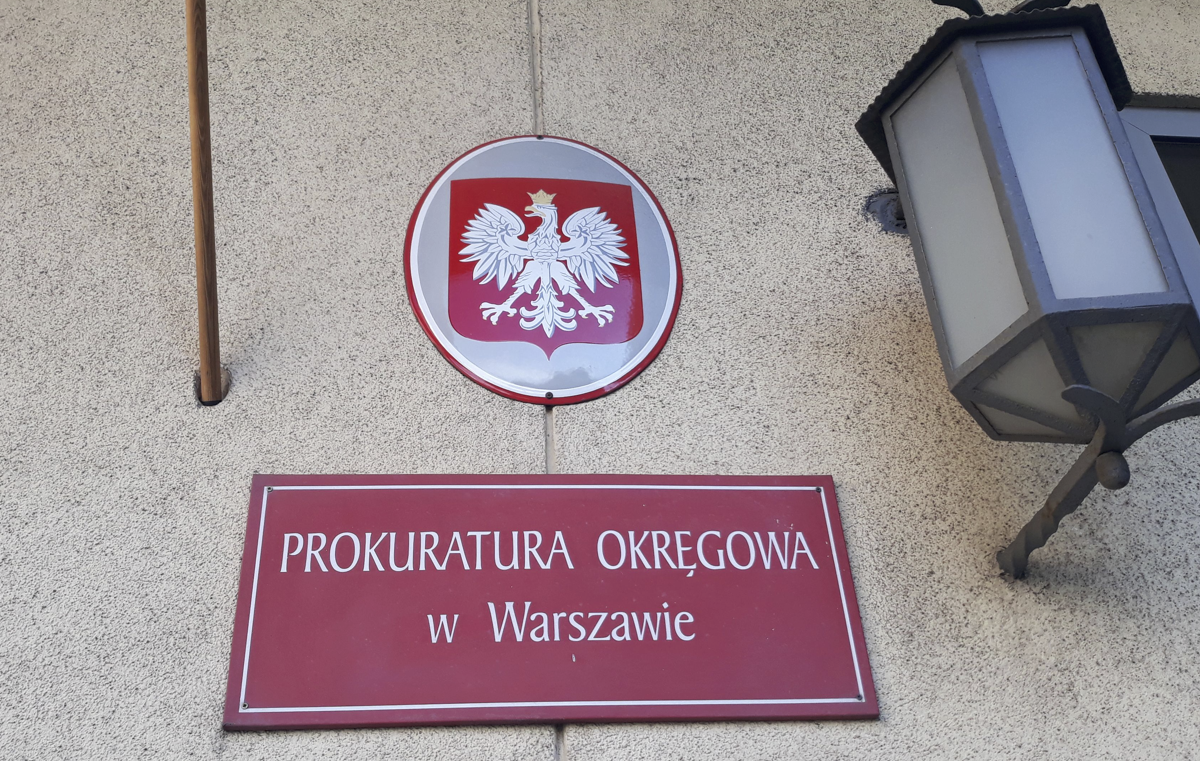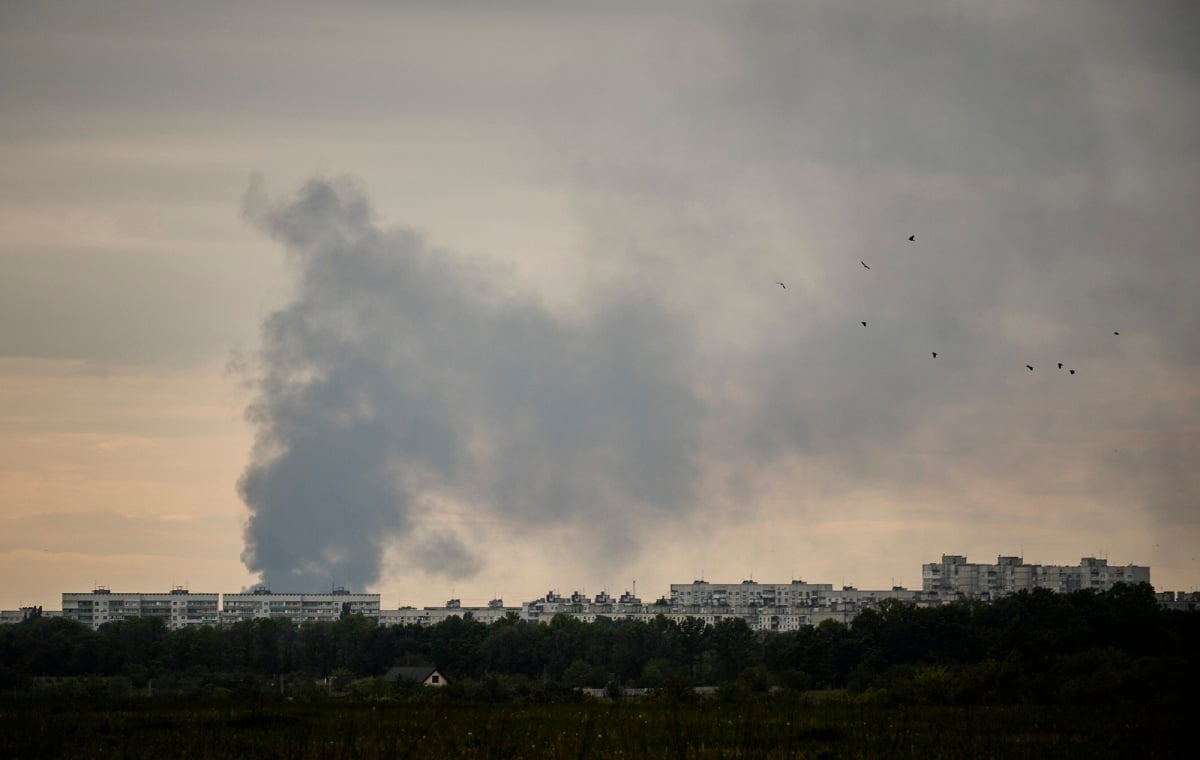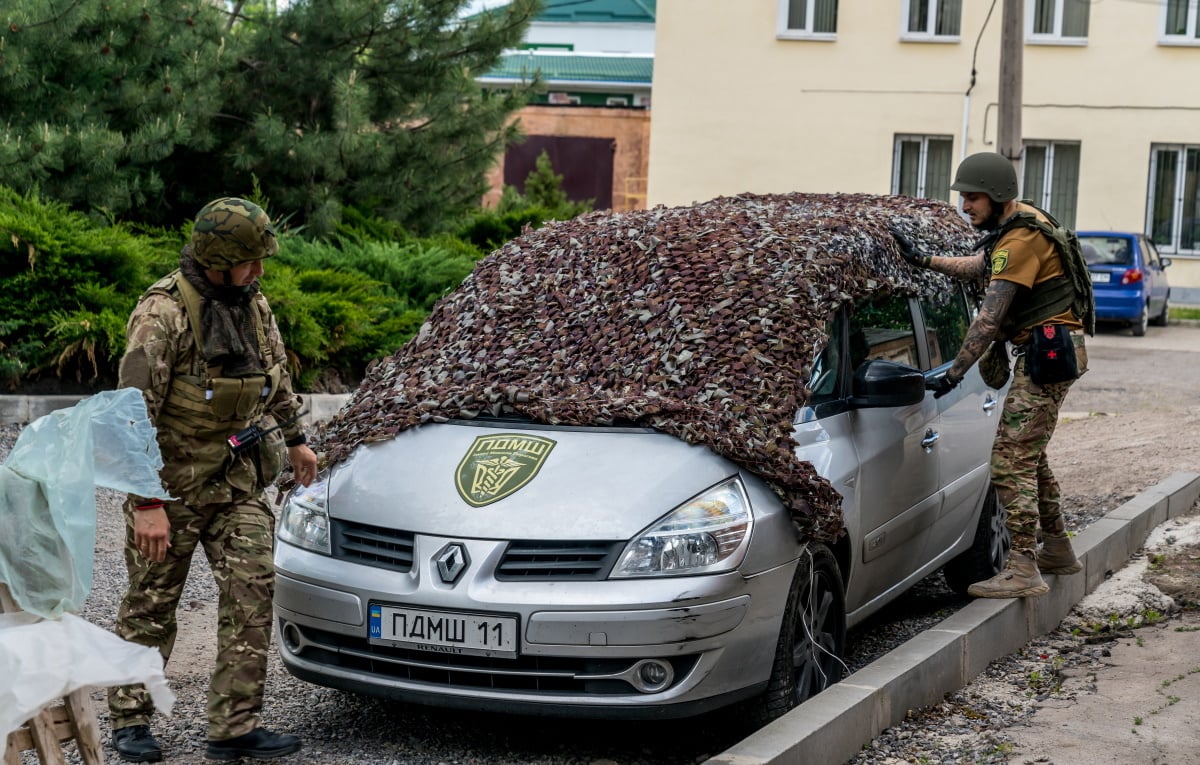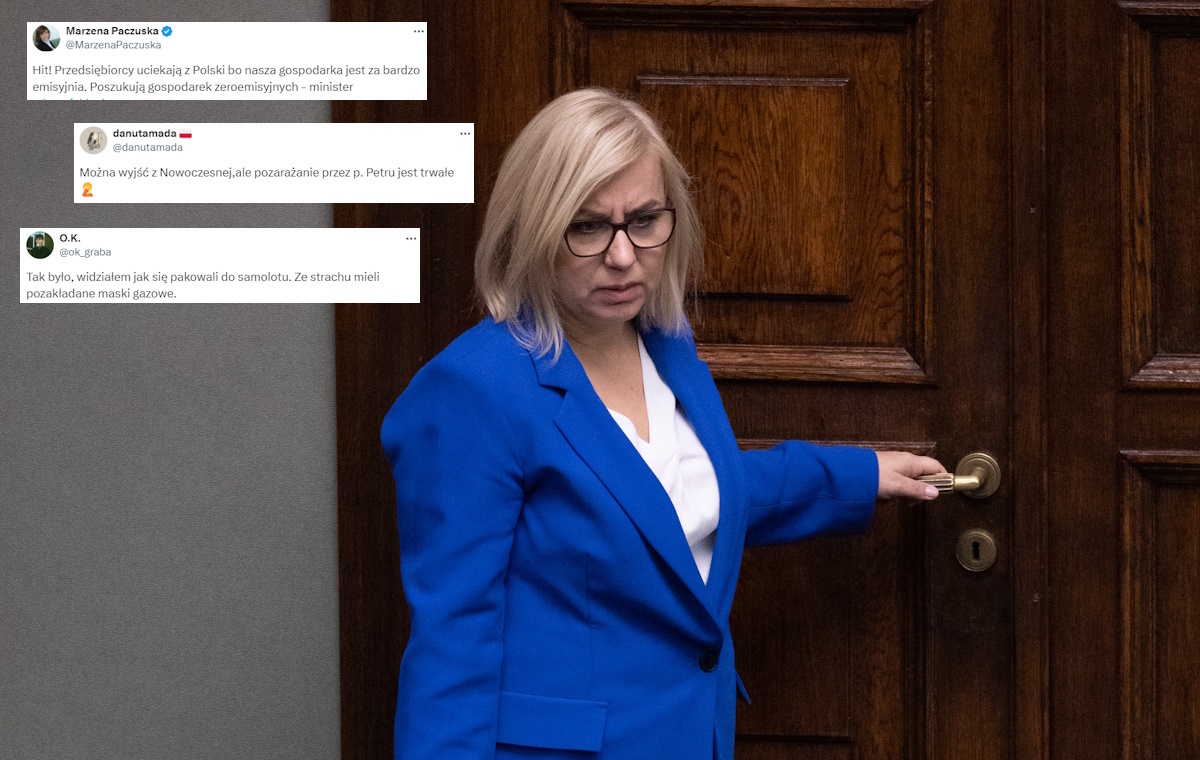Public discussion of the murder of Alika Ogorchukwu, beaten to death in front of passersby in the coastal town of Civitanova Marche, has exposed divisions in society as Italians prepare to vote in accelerated parliamentary elections.
For some, the killings were a blunder of the hateful anti-immigrant rhetoric of far-right politicians, echoing the disturbing echoes of fascism. Others accused the left of trying to capitalize on political capital in the tragedy.
The rest of the text is below the video.
This bitter dispute is significant because, according to current opinion polls, it is the anti-immigration parties on the right side of the Italian political scene that stand a chance of achieving the best results in the elections, and thus creating a new government.
Giorgia Meloni, leader of the right-wing Italian Brothers party, has the best chance. His victory would mean a radical change in Italian politics. It will also create potential risks for the economy which has remained fairly stable recently thanks to the outgoing government of Prime Minister Mario Draghi. There are also concerns that the far-right coalition could undermine European unity. Especially at a difficult time for Europe.
Critics Meloni said the world had to see how extreme his views were. They even warned against going back to the dark days of fascism in the 1930s. To emphasize the connection between Meloni’s party and fascism, the Italian media indicated that the swearing in of a new government would take place around the centenary of Mussolini’s march. to Rome.
According to Laura Boldrini, representative of the centre-left Democratic Party, Meloni “represents the right wing, which has not made peace with its past.”
Boldrini even claimed that “the Italian brethren are being infiltrated by elements claiming to be fascist.” The party “wanted a closed society that looked to the past, while Italy had to look to the future. The Middle Ages are over.”
Are Meloni and his party really the heirs of Mussolini’s fascists? And what would they do if they took over this fall?
Meloni, 45, entered politics at the age of 15 as an activist with the Italian Social Movement Youth Front (MSI). It is a group formed by former fascists after World War II, and the movement itself maintains links to extremists.
Meloni then left Silvio Berlusconi’s centre-right party in a stand against his support of technocrat Mario Monti in the 2013 election. He founded his party and called it the “Italian Brothers”. The party retains the symbol (fire), which is also on the MSI logo, and happens to appear on Mussolini’s lineage.
Party officials argue that their origins, contrary to what they claim to be undemocraticly elected leaders, show that they are in fact defenders of democracy itself. So the opposite of fascist authoritarianism.
Last year, Meloni said that in his party “there is no place for those who nostalgically remember fascism.”
Raffaele Fitto, MEP Brothers of Italy, explains why his party opposes Draghi’s government. “For us, democracy is the rules that people choose. So when they accuse us of fascism, extremism, we can only answer with laughter, because our actions and choices are the exact opposite.”
However, it was not without controversy. Last year, an MEP from the Brothers of Italy was suspended after a classified document was released indicating he had discussed illegal funding in meetings with extremists. His interlocutors were known to perform fascist salutes.
Right-wing parties may also be blown away by the migration issue, which has now returned as a major issue in Italian politics after the pandemic subsided.
Proposals published after the Friars of Italy conference in May called for immigrants to be held in designated places until their asylum applications were processed. They also assume the use of naval blockades and penalties for rescue ships of non-governmental organizations.
Meloni’s ally and possible coalition partner is Matteo Salvini, the formidable anti-immigration leader of the League party. While interior minister in the previous coalition, Salvini campaigned against non-government migrant rescue boats. He was tried for holding migrants on board, and many of his attempts to challenge NGO activities were rejected by the courts.
In this election campaign, Salvini returns to the issue of migration. Especially in the context of migrants flooding the reception center on Lampedusa Island.
Even so, there is reason to believe that had they presided over another government, the more extreme plans of the Brothers might never have materialized. The party’s immigration proposal is likely to run counter to international, maritime and EU law.
Moreover, Italy’s democratic institutions and international obligations could prevent it from achieving its most extreme goals.
“The narrative that we are fascists is a fairy tale,” Fitto said. “A bad tale for Italy and its reputation abroad”.
Some academics agree. If Meloni’s right-wing alliance seized power, it would be “the most right-wing government in the history of the Italian republic,” said Giovanni Orsina, professor of political history at Luiss University in Rome. But typing the Brothers of Italy as fascist or neo-fascist is a “misrepresentation,” he added. “You may not like Meloni and his proposal. But fascism is just a bad label.”
“Italy’s international obligations – especially within the EU – leave little room for radicalism,” Orsina said. “That’s one of the reasons why a right-wing government doesn’t have to be a disaster. It just has a pretty small room to maneuver.”
Others believe that Meloni’s party victory could herald an era of right-wing authoritarianism over time. According to Mauro Magatti, professor of sociology at the Università Cattolica del Sacro Cuore in Milan, this is not because Meloni leads a “fascist” movement, but because he will not be able to fulfill his promises to society.
“The Italian brothers enjoy the support of less educated, often poorer voters. At the same time, they offer unrealistic solutions” – he said. Therefore, he argues, disillusioned voters, instead of turning to the center in the future, may seek more extreme right-wing options.
“If a right-wing government comes to power, the Italian Brotherhood will have to manage discontent,” Magatti said. “The fact that they have a weak and unworkable program means that this shortcoming could produce unpredictable results at this time.”
Thank you for being with us. Subscribe to the Onet newsletter to receive our most valuable content

“Reader. Future teen idol. Falls down a lot. Amateur communicator. Incurable student.”





